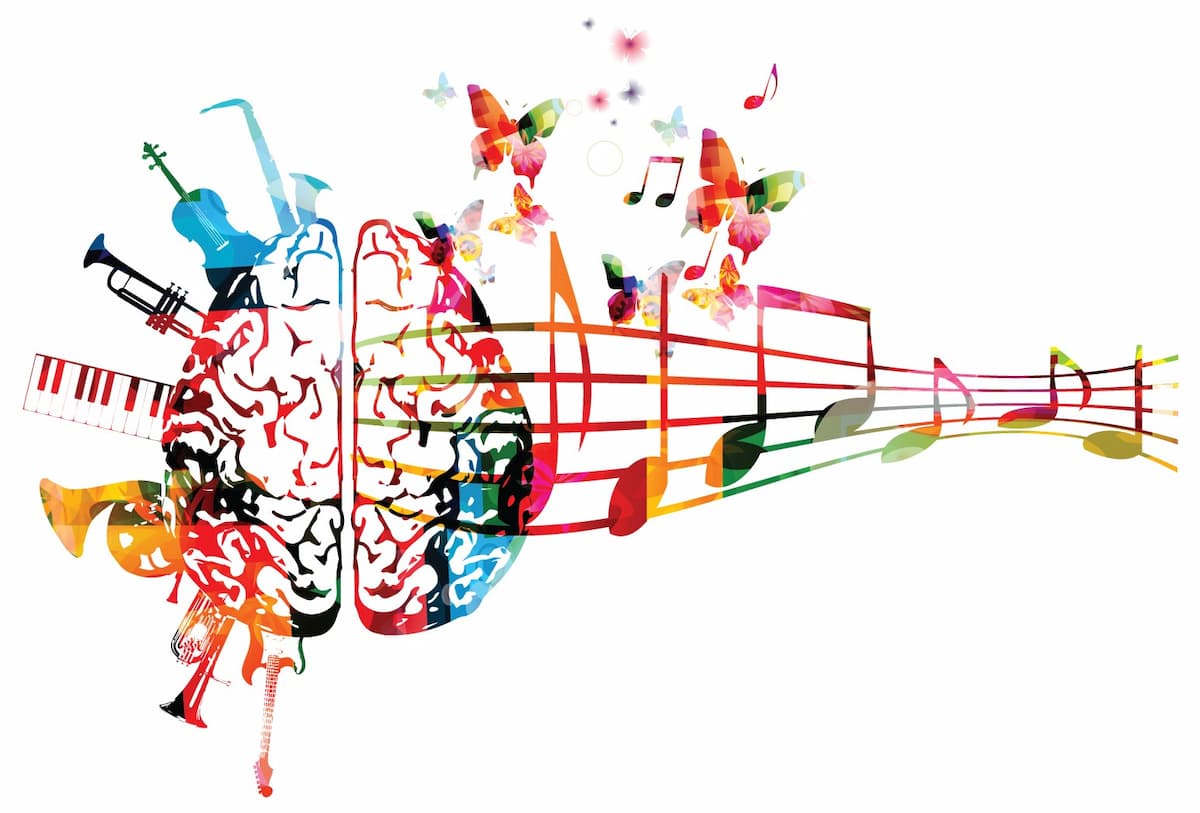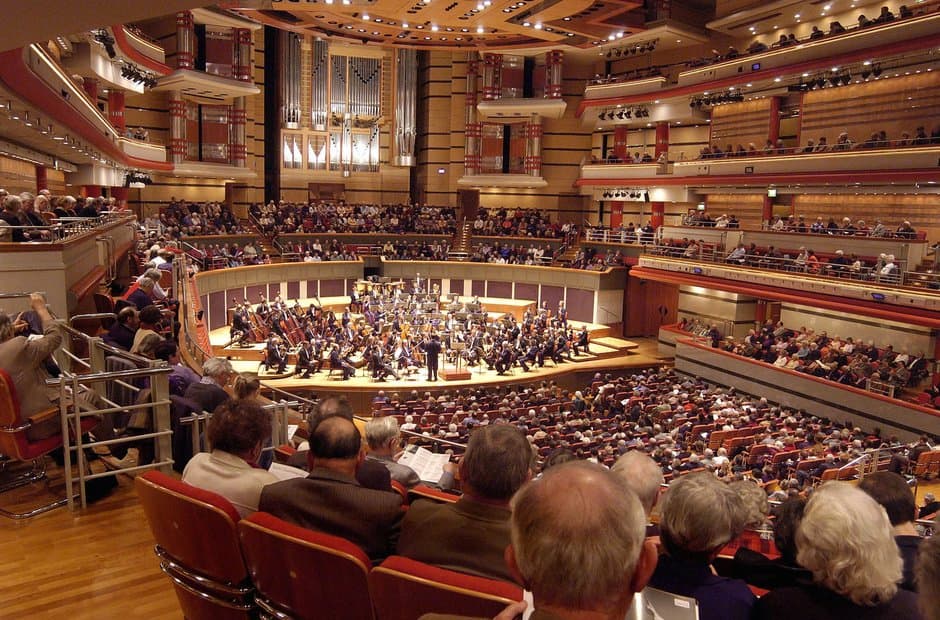The musical — and to the extent, the artistic — brain needs to be continuously nurtured. Indeed, no other art form can have such an impact on the brain and how it perceives sounds. This nourishment and development should be done from the early stages of the brain development in order to give the best chances to keep the flexibility for learning and development.

© hub.yamaha.com
Becoming a parent makes you ponder which is the best route to take when it comes to teaching your child about art, and particularly music. It is well known that the baby’s brain is a sponge, and therefore one might wonder why accepting to fill it with simplistic and often meaningless songs and melodies, and refusing to elevate the mind from the start. Surely the future adult will be more keen to openness, curiosity and not accepting uniformity and repetition of the ideas.
Music for Children – Carl Orff & Gunild Keetman
It is to me essential to make music part of someone’s development as early as possible, and this for multiple reasons. Music is the most universal of all arts, and as it is perceived as a language by many, it is important to master this language as early as possible. Understanding music also supports the development of spoken languages. In fact, at first, young children seem to react to music with better ease than language. This is a fantastic example of music’s universality, and the absence of understanding and education to grasp its message and its intention. The curiosity and enjoyment are enough for the listener to perceive enjoyment.

Violinist Shinichi Suzuki with children performing the violin © benningviolins.com
Of course, there have been many methods and devices put in place to develop musicality in children, the most famous being the Japanese educator Suzuki, and his method of the same name. But many other composers have attempted at leaving something for the future generations to learn; from Schumann and his Advice to Young Musicians and Album for the Young, to Orff and his Music for Children and Britten’s Young Person’s Guide to the Orchestra. The examples are multiple. Rather than focusing on sticking to simple musical devices and sounds, one should display the plethora of sound combinations existing, and introduce the baby brain to both familiar and foreign sounds and unknown experiences. And breaking the boundaries from the start; Bartók in Mikrokosmos for instance, allows young children to discover the sounds of the worlds, the melodic and rhythmic languages through cultures and ages. When learning about music at a young age, associations are also created: we can all remember moments of our early lives associated with music. Even if the memory is not clear, we all have some special works which keep a special space in our mind. The first time we heard a particular piece, or the impact that the music had on us and how it shaped us. Many of us would learn a lot about ourselves by looking back at our first tastes — or the ones of our parents — and how these have shaped the adults that we became.
Bartók: Mikrokosmos
Just like language, music immerses itself into people and particularly newborns’ brains; there is a fantastic quality to it which transcends our understanding. Just like a smell can bring us back to the past, sounds can recall memories and feelings. But they also dictate our future understanding and attractions, and therefore it is important to get them right in the first place! The spongy nature of the baby brain can also become the spongy nature of the adult brain. If the condition is not sine qua non, it is quite observable that most successful composers in history have emerged from musical surroundings and were pushed towards musicality and creativity early on. Last but not least, music also brings consciousness of the world around us, of the cultures which surround us, their diversity and most importantly their history. Music makes us better human beings.
For more of the best in classical music, sign up for our E-Newsletter



